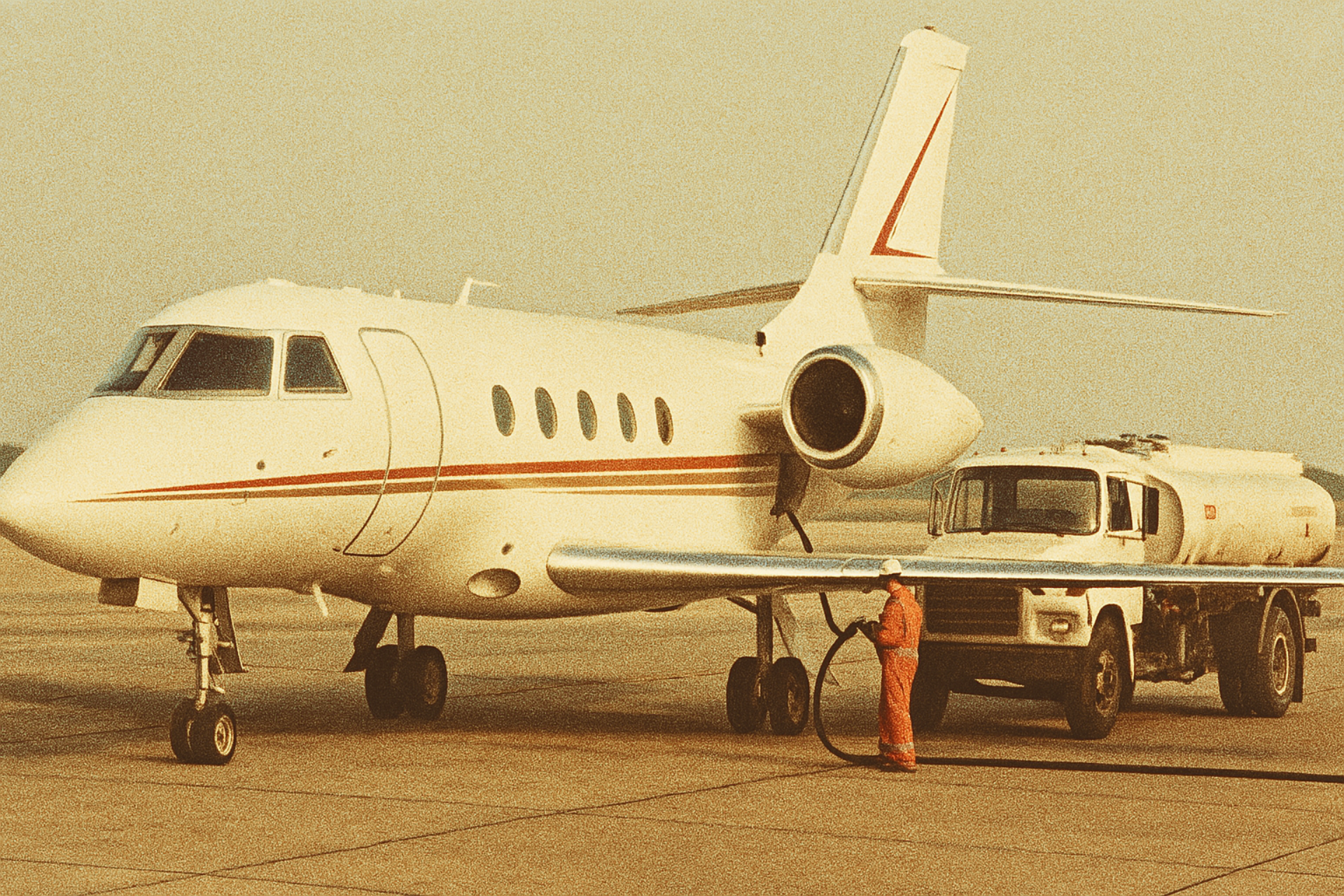Business aviation's resilience in a shifting geopolitical and regulatory landscape
We operate at the forefront of global mobility, connecting businesses, facilitating trade, and providing essential services that no other mode of transport can match. Yet, our journey is far from smooth. Anyone with a minimum knowledge of the sector is aware of the complex headwinds we face: from persistent public perception challenges and fragmented regulations to the existential call for Net Zero and the geopolitical shifts impacting our continent.
European business aviation sits on a geopolitical chessboard of its own compared to other parts of the world. While global aviation generally thrives on connectivity, Europe’s landscape is characterized by a unique combination of both high regulatory control and fragmentation among member states. This presents a challenging environment compared to, for example, the more aligned regulatory landscape of North America or the more business-friendly taxation approach of regions like the Middle East.
One of our most pressing domestic concerns is the propagation of the “make business aviation pay” movement. This populist sentiment, too often founded upon a uni-dimensional perception of our industry, manifests itself in selective taxation. France’s ‘Solidarity Tax,’ whereby charges are increased by up to 300% per passenger, is a stark example of the policy expression of this sentiment, constituting an existential threat to operations in that country and setting a dangerous precedent for others. This is in sharp distinction to those regions where business aviation is widely recognized as an essential economic tool, with more stable and certain fiscal regimes.
This patchwork and too frequently punitive policy has a direct impact on investment and competitiveness. Why would companies base their operations or invest in new aircraft in Europe when they must pay more to operate and face unpredictable policy shifts? This question remains in the air, and EBAA is advocating for a more integrated, fair, and stable regulatory and fiscal environment that recognizes our substantial economic contributions and stimulates, rather than stifles, growth
Navigating the perception storm: from luxury to utility
While comfort and discretion are undoubtedly a part of our package, our narrow image has all too often cut policymakers and the public off from us, stoking the perception storm of today.
The reality is more profound: business aviation is an economic enabler, a lifeline for society. Our industry connects an astonishing 80,000 different pairs of airports across the Union and links 1,000 airports otherwise totally unserved by scheduled commercial air travel. This access allows businesses to reach distant places, facilitates time-critical meetings, and ensures efficient investment and talent flows across Europe. We are the backbone to enterprises relying on the EU’s four central freedoms.
Outside of business, our aircraft have vital public functions. European business aviation conducts as many as 70 medical flights per day, saving lives by moving organs, emergency medical evacuations, and specialist patient transfers. We also offer vital support for diplomatic and government business, ensuring the seamless running of our geographically dispersed Union.
Sustainability is the biggest challenge and the greatest opportunity
The clarion call to Net Zero is certainly the noisiest and most influential challenge to all of aviation, and to business aviation as well. Even though our industry accounts for a tiny 0.04% of overall EU CO2 emissions, we are disproportionately examined because we are high-visibility.
But it is also our greatest opportunity. Business aviation has long led the way with innovation and introduced to aviation the latest technologies that ultimately benefit the entire industry. That leadership must now be directed towards sustainability.
The simplest and most effective near-term solution is the wider use of Sustainable Aviation Fuels (SAF). SAF can reduce CO2 emissions up to 80% along its value chain compared to conventional jet fuel, and it’s a drop-in product that already exists. Despite this vast potential, widespread adoption is now hindered primarily by its significantly more costly nature – often 2 to 5 times the price of standard jet fuel – due to limited production capacity and high cost of production. EBAA is actively lobbying for policies stimulating SAF production, reducing its price, and putting in place the necessary infrastructure, promoting a “carrot” rather than a coercive “stick.”
Economic viability
The data speaks for itself. The Oxford Economics study, commissioned by EBAA and GAMA, paints a stark picture: restrictive government policies targeting business aviation could jeopardize up to €120 billion in foreign direct investments and 104,000 jobs by 2030 across Europe. These are not abstract figures; they represent real businesses, real families, and real livelihoods at risk. This is the core of the “make business aviation pay” movement’s danger.
EBAA is at the forefront of defending these vital economic interests. We emphasize that business aviation is not merely a luxury; it is a significant economic enabler, contributing €100 billion to the EU’s annual GDP. Our defence strategy centers on presenting a robust, data-driven case for the sector’s intrinsic value to European competitiveness and prosperity.
What next?
The path ahead for European business aviation is indeed demanding, marked by unique geopolitical, perception, and regulatory challenges. But it is also a path filled with promise: to lead in sustainability, to innovate, and always to demonstrate our value without which Europe’s economy and society would be poorer.
Our commitment at EBAA is strong. We will continue to be your advocate in Brussels and beyond, advocating for fair policy, insisting on a genuine understanding of our industry, and advancing the innovations that will make our future secure. Your engagement, your commitment to sustainable development, and your collective support for EBAA’s initiatives are crucial.
If you want to explore the data in business aviation please check our following resources:
- European Business Aviation Manifesto: EU Institutional Term 2024-2029
- Oxford Economics Study on the Socioeconomic Benefits of Business Aviation
- EBAA Yearbook: Industry Data
For any other inquiry please reach out to our Communication’s Officer (below).


